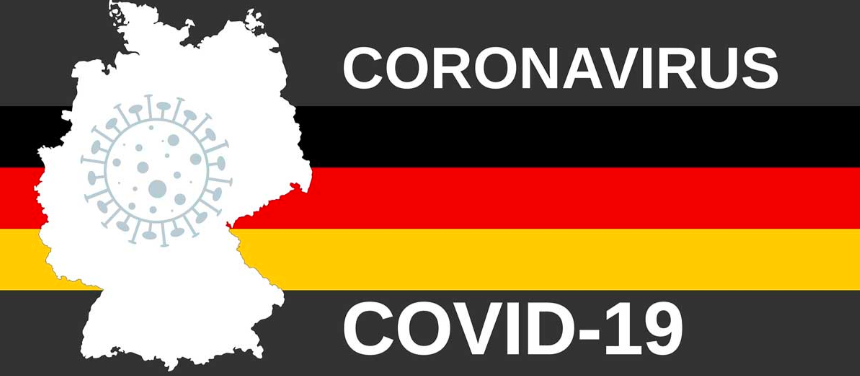The Covid-19 pandemic has changed the world. Not only has the world we are living in changed, but our day-to-day business has also been affected by this crisis. The way we do business has changed, and new business areas and opportunities have emerged.
A major, strong economy such as the German economy has had to adapt to the new situation, just as in the rest of the world. Germany is in many ways a pioneering nation, but the country still has its struggles. The German market will change as a result of the crisis.
As always, any crisis is the start of something new. In Germany, we will not only see social change, but changes in the market as well. The Germans will look differently upon several aspects of life, creating business opportunities for those who understand the Germans and the German market.
To help you to understand some of the big business opportunities created by Covid-19, we have put together a list of four areas set to change in Germany:
1: Green mobility
Everyone knows Germany as the number one car nation in the world. Even in the number one industry of Germany we will see vital changes. The car industry has had its struggles over the last few years due to climate change and the demand for more green cars. The Corona crisis will simply hasten the process.
Besides the car industry, mobility as a whole is set to change in Germany. We will see car-free city centres, an increase in “mobility sharing opportunities”, and far higher use of public transport.
The German government is even supporting this process by investing in green mobility, supporting the car industry and providing funding for start-ups.
2: Online trade
In big cities like Munich, Berlin and Hamburg, you will probably have noticed that there are almost zero empty stores on the shopping streets and in shopping centres. The reason for this is that Germans love going into the city to shop. During the 7-week lockdown, Germans had no choice but to buy online. Online trade increased by 16.5% during that period.
There is no reason why this trend should not continue. We are unlikely to see such a magnificent increase in online trade during the rest of the year, but if you want to do business in Germany, your online presentation is more important than ever.
3: Digitalization
Despite being one the largest economies in the world, Germany is far from the most digitized country in the world. When you work with German companies and authorities, you will still find that you have to write letters and use a fax.
As a result of the pandemic, people have had to find a new way to communicate. The traditional way of meeting face to face was no longer an option. By using online platforms such as Zoom, Skype and Teams, people have discovered a fast and effective method of communication. Experience such as this will probably push digitalization forward in Germany.
BUT Germany is still Germany. Zoom is prohibited for public institutions as they are unable to verify the data security.
4: Production in Germany and Europe
The world is coming to realize that its extreme dependence on China is not good in the long term. Germany is also trying to bring back vital industries. The German government and German industry have realized that China might be a cheap place to have goods produced, but the political framework may have a negative impact on how fast you can get your products, and that the quality might not be as good as with products labelled “Made in Germany”.
We will see a far greater focus on production in Germany and greater support of German engineering than we have seen over the past 5 to 10 years.
This will provide jobs and opportunities for subcontractors.
Germany will still be Germany, but in many ways this pandemic will change German society and the German perspective on many things.

